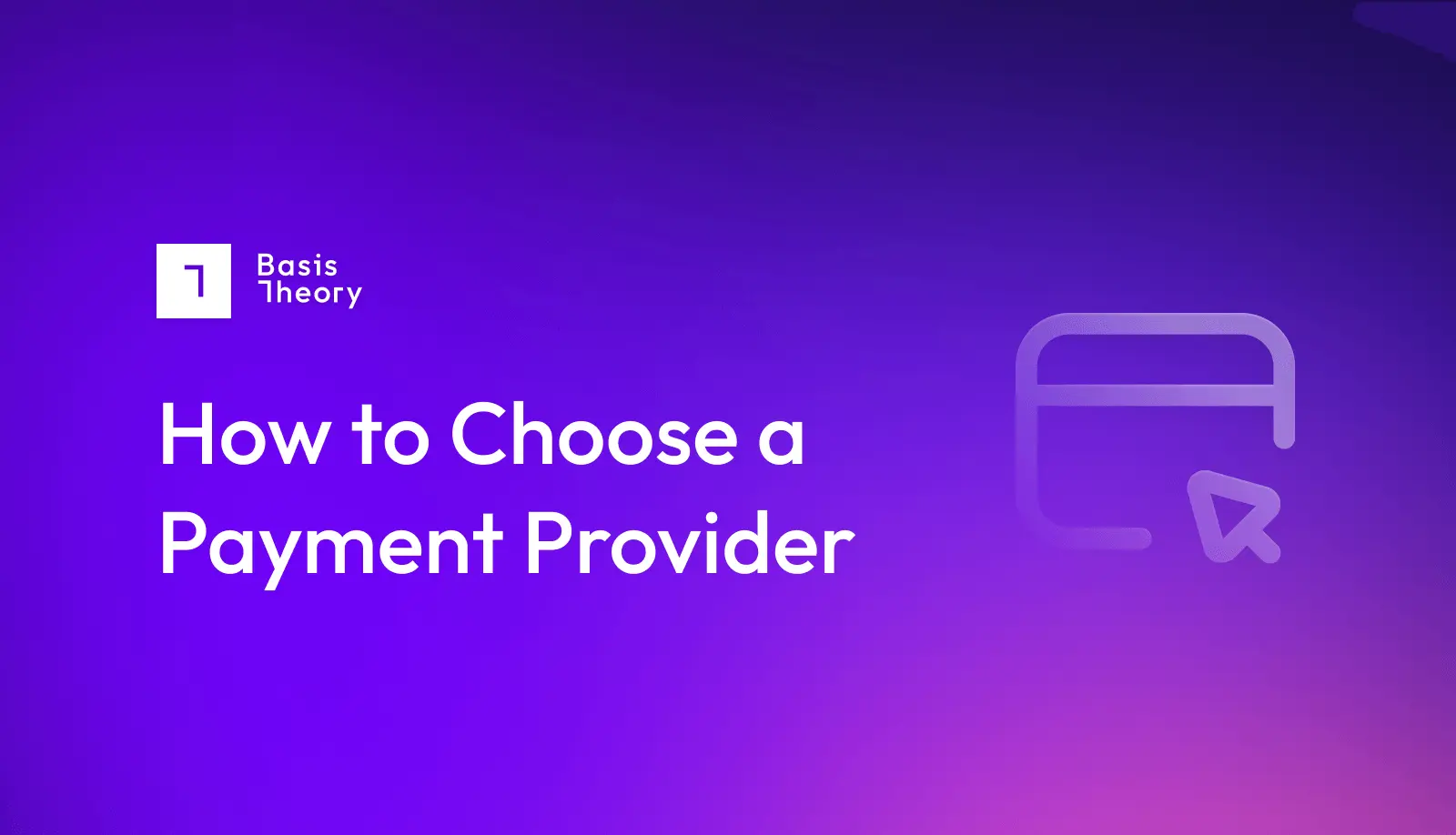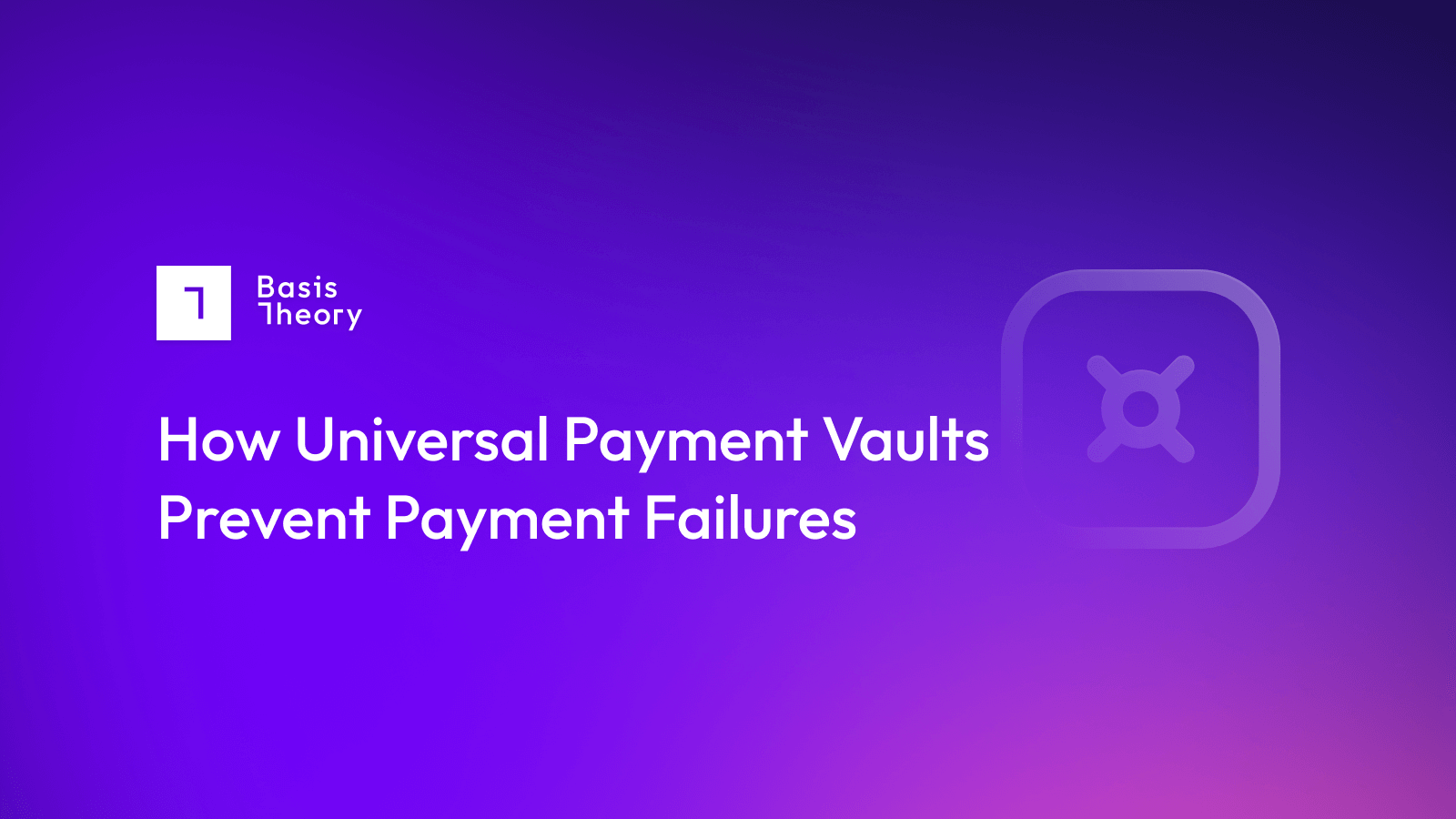How to Choose A Payment Provider

In today’s digital, virtual world, there are vanishingly few businesses remaining who can operate on a cash basis - everyone has to accept digital payments, like credit cards, debit cards, and cash apps like Venmo and PayPal. In order to do so, merchants need a relationship with at least one payment provider, who will operate as the merchant's bridge to the broader payment ecosystem. But how to choose a partner that will not only maximize the likelihood of deals closing, but also keep their fees to a minimum?
What is a Payment Provider?
A payment provider, also known as a gateway, is a service provider that allows merchants to accept electronic payments by connecting them to the broader payments ecosystem. They simplify the complicated payments process - consisting of players from acquiring banks to card networks to issuing banks, to name just a few - and give a merchant that does not already have deep, esoteric knowledge of how to operate in the world of virtual finance a simple way to get started.
The classic foundational capability of a payment provider is to help merchants to accept credit and debit cards. However, as time has passed they have had to add other capabilities, including offering
- Additional payment types, including digital wallets, bank transfers, and Buy Now Pay Later (BNPL) offerings
- Treasury services, such as currency conversion at both the consumer and merchant payout level
- Data management services, such as retaining customer cardholder data for subsequent purchases and subscription payments
- Security services, generally offered both to protect customer data, and to prevent fraud
What Kind of Payment Providers are out There?
There are any number of ways to categorize different types of payment provider, but the easiest way to understand the three core types is as follows:
- Full-service payment providers: these businesses offer everything, from merchant account acquisition to hosted purchase pages to processing all sorts of transactions using all sorts of payment methods all over the world. They tend to offer a simple, consistent fee structure, which makes it easy especially for new merchants to get off the ground with a predictable fee structure for sales.
- Independent payment gateways: unlike a full-service payment provider, an independent allows you to have more control over your payments system, albeit with the need to do a little more work. With an independent, you can pass payment information in from your own automated system, making it possible for you to do business with multiple providers and arbitrage the fee structure based on the characteristics of each transaction (for instance, when a customer is in another country, you may be able to reduce cross-border fees by selecting a gateway partner in the same geography as your customer).
- High-risk payment providers: payments companies can be very particular about the merchants with whom they choose to work, meaning that merchants who operate in what the card networks consider higher-risk industries (such as e-commerce, gaming, CBD, etc.) are under more scrutiny, and thus need payment partners who are skilled in keeping them on the right side of the rules. Much like independents, high-risk payment providers tend to allow for their merchants to work with more than one partner.
Choose the Right Payment Provider for your Business
The right payment provider may most easily be identified based on where the business is in its path toward maturity:
- Brand new business: most businesses that are either brand new, or at least brand new to selling digitally, find that the full-service payment provider is the fastest path to market. Using their comprehensive capabilities, merchants can get moving quickly without having to worry about
- Coding: payment pages largely build themselves
- Security: sensitive data will be stored with the provider, not the merchant
- Cost: the structure is flat and predictable (except for one-off fees, like chargebacks or cross-border purchases, which can stack up if not monitored closely)
- Growth-mode to mature business: with a book of business starting to grow, and an ever-larger customer base, independent and high-risk payment providers become more attractive, as they offer the ability to support
- Automation: in order to increase the success rate of transaction processing, merchant decisioning systems can pick and choose the right provider for each transaction
- Regular and recurring payments: merchants can re-submit customer information over time to reduce the friction in purchases, with an established relationship with the provider
- Fee optimization: merchants can opt to have multiple payment partners, and decide which transactions go to which, in line with the cost to process. Debit cards might go to one provider, while customers in different geographies might close their transaction with in-market gateways
Managing Data with a More Advanced Payment Provider Choice
While the option of working with multiple providers offers the option for higher transaction success rates, and lower fees, it does come with the burden of, potentially, far more work to manage customer data. Hacks and data breaches can cause all manner of reputational harm, not to mention jeopardizing the ability of the merchant to access favorable services and rates in their aftermath. Indeed, this is why the PCI-DSS scheme exists: to help those who manage sensitive consumer data to avoid such catastrophes. However, the cost of maintaining a fully PCI-compliant environment - and proving it, annually, to an external auditor once sales volume reaches a few million transactions a year - can be expensive, in terms of both money and resources.
As a result, many maturing and mature companies are turning to third party token vaults, such as that offered by Basis Theory. With a token vault in place, merchants can choose a payment provider that works for them, while heaping their customers’ data safely in a secure location - without the burden of maintaining a PCI-compliant payment solution. Essentially, the merchant has the customer’s payment data delivered directly to the token vault, and receives instead a token that can never be converted back to the underlying value. This token is then transmitted to the token vault, which can be instructed to submit the cardholder’s information along with transaction data to any of the merchant’s payment provider partners, securely.
.png?width=365&height=122&name=BTLogo%20(1).png)



